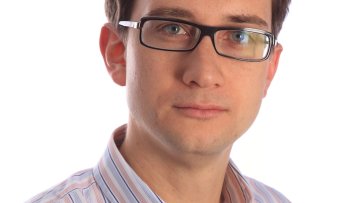IceCube-Gen2: A Vision for the Future of Neutrino Astronomy in Antarctica
Sarkar, S
(18 Dec 2014)
Marginal evidence for cosmic acceleration from Type Ia supernovae
Nielsen, J
Guffanti, A
Sarkar, S
Scientific Reports 6: 35596, 2016 (Open Access)
(03 Jun 2015)
http://arxiv.org/abs/1506.01354v3
Measurement of the Atmospheric $ν_e$ Spectrum with IceCube
Aartsen, M
Abraham, K
Ackermann, M
Sarkar, S
Physical Review D
volume D91
issue 12
122004-122004
(29 Jun 2015)
Searches for time dependent neutrino sources with IceCube Data from 2008 to 2012
Aartsen, M
Abraham, K
Ackermann, M
Sarkar, S
Astrophysical Journal
volume 807
issue 1
46-46
(30 Jun 2015)
Dark Matter Benchmark Models for Early LHC Run-2 Searches: Report of the ATLAS/CMS Dark Matter Forum
ATLAS-CMS Dark Matter Forum, A
Haisch, U
Re, E
Sarkar, S
(03 Jul 2015)
Dark matter annihilation and decay in dwarf spheroidal galaxies: The classical and ultrafaint dSphs
Bonnivard, V
others, E
Combet, C
Daniel, M
Funk, S
Geringer-Sameth, A
Hinton, J
Maurin, D
Read, J
Sarkar, S
Walker, M
Wilkinson, M
Monthly Notices of the Royal Astronomical Society
volume 453
issue 1
849-867
(22 Aug 2015)
Congratulations to Jan Obloj who has been awarded the title of Professor in the University of Oxford's annual Recognition of Distinction exercise.
Fri, 17 Jul 2015
16:00
16:00
L6
'Torsion points of elliptic curves and related questions of geometry of curves over number fields'.
F.Bogomolov
(New York and Nottingham)
Abstract
Seminar series `Symmetries and Correspondences'
Mon, 09 Nov 2015
16:00 -
17:00
L5
Instance optimality for the maximum strategy
Lars Diening
(University of Osnabruck)
Abstract
We study the adaptive finite element approximation of the Dirichlet problem $-\Delta u = f$ with zero boundary values using newest vertex bisection. Our approach is based on the minimization of the corresponding Dirichlet energy. We show that the maximums strategy attains every energy level with a number of degrees of freedom, which is proportional to the optimal number. As a consequence we achieve instance optimality of the error. This is a joint work with Christian Kreuzer (Bochum) and Rob Stevenson (Amsterdam).



